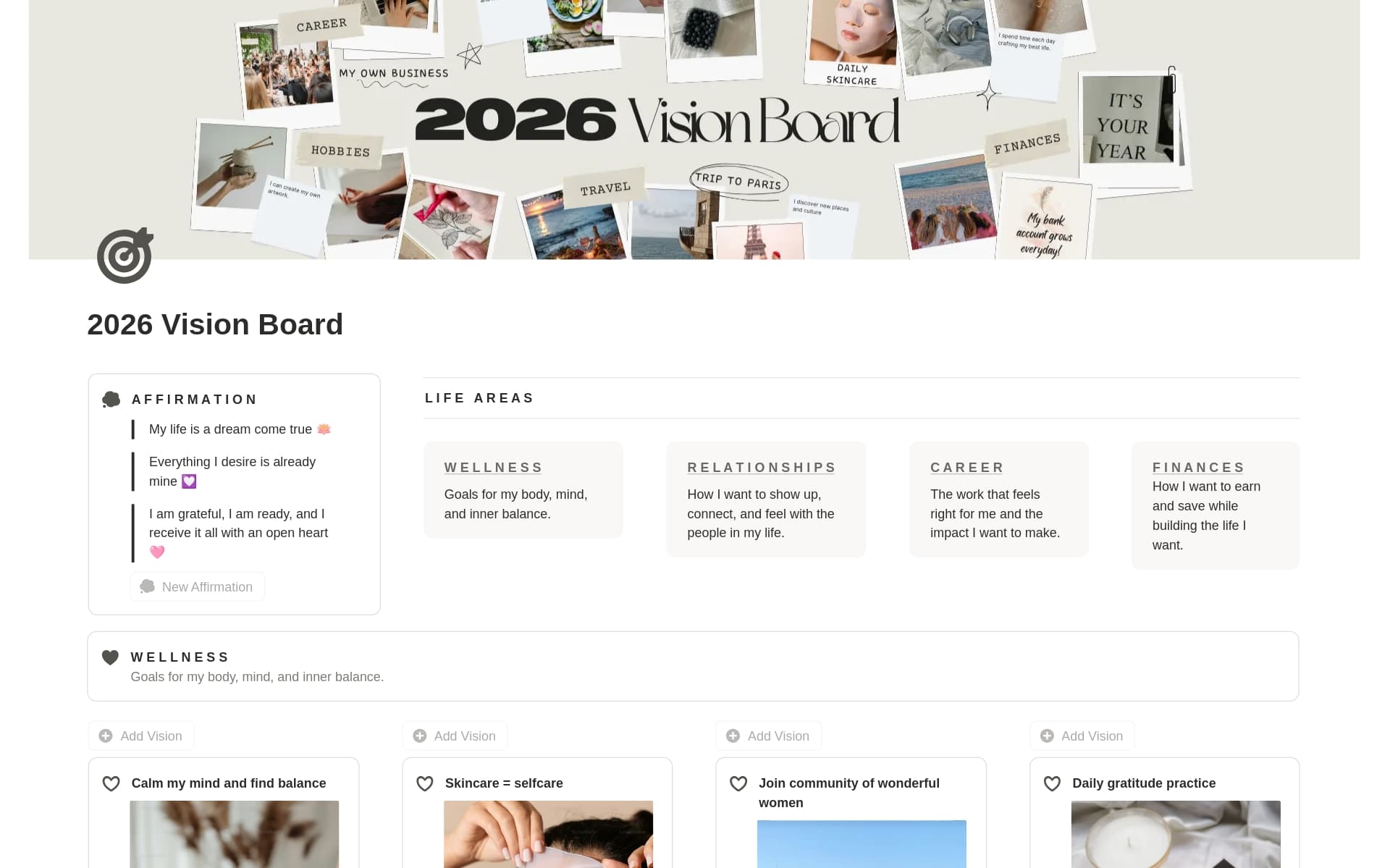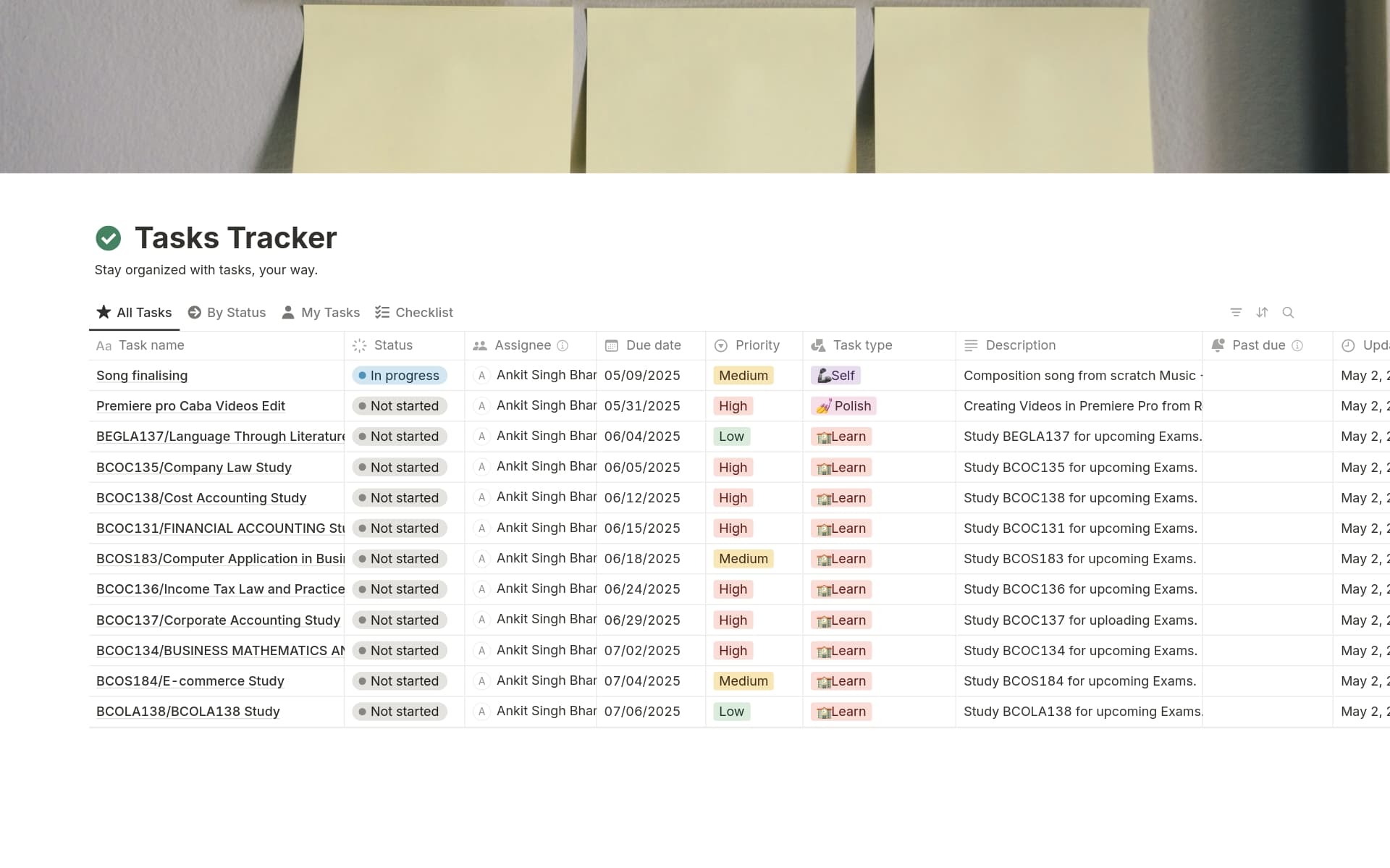Social media serves as an invaluable tool for Project Coordinators to stay connected with their audience, disseminate information swiftly, and gauge public sentiment towards various projects. A Social Media Notion template simplifies this process by organizing posts, tracking engagement, and planning future content in a streamlined manner.
Before diving into creating your own Social Media template on Notion, explore these templates designed to ease the task and enhance the efficiency of your social media management.
What Should Social Media Templates Include?
Choosing the right social media template can streamline your project coordination efforts significantly. Here are key components to look for in a high-quality template:
Pre-defined Content Categories: Ensure the template includes various content categories like posts, events, and announcements to keep your messaging organized.
Integrated Scheduling Tools: Look for templates that offer scheduling capabilities to plan posts in advance and maintain consistent engagement.
Analytics Dashboard: A good template should have a section for tracking engagement metrics to analyze the performance of your social media strategy.
Collaboration Features: Opt for templates that facilitate team collaboration with features like task assignments and progress tracking.
Selecting a template with these components will ensure you have a robust framework to manage your social media outreach effectively and efficiently.
What Should Social Media Templates Avoid?
Choosing the right social media template is crucial for streamlining your project coordination efforts. However, not all templates are created equal. Here are three key components to steer clear of:
Overly Complex Layouts: Avoid templates with complicated designs that can confuse the message. Simplicity in layout helps in maintaining clear and effective communication.
Generic Content Fields: Templates that include too many generic or irrelevant content fields can dilute your brand's message. Opt for templates that allow customization to better fit your specific needs.
Fixed Font and Color Schemes: Avoid templates that do not allow changes to the font and color schemes. Flexibility in these areas is essential for aligning the template with your brand identity.
Selecting a template that avoids these pitfalls will ensure it enhances your project's communication rather than detracting from it.




